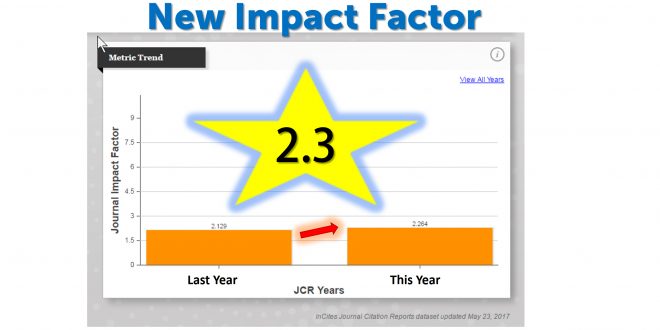Social anxiety refers to fears of social interaction and/or performance situations. When social anxiety is accompanied by significant distress or impairment in one’s social life, work, or education, an individual is said to “have” Social Anxiety Disorder (SAD). Although social anxiety is a ubiquitous phenomenon, the current psychiatric diagnostic system …
Read More »
 Cognitive Behaviour Therapy A peer reviewed, multidisciplinary journal devoted to the application of behavioural and cognitive sciences to clinical psychology and psychotherapy.
Cognitive Behaviour Therapy A peer reviewed, multidisciplinary journal devoted to the application of behavioural and cognitive sciences to clinical psychology and psychotherapy.













